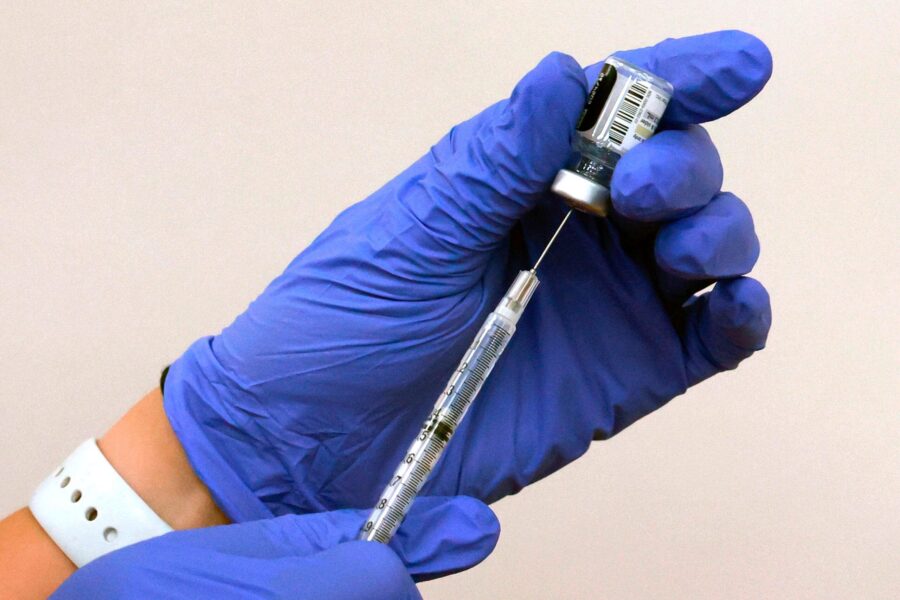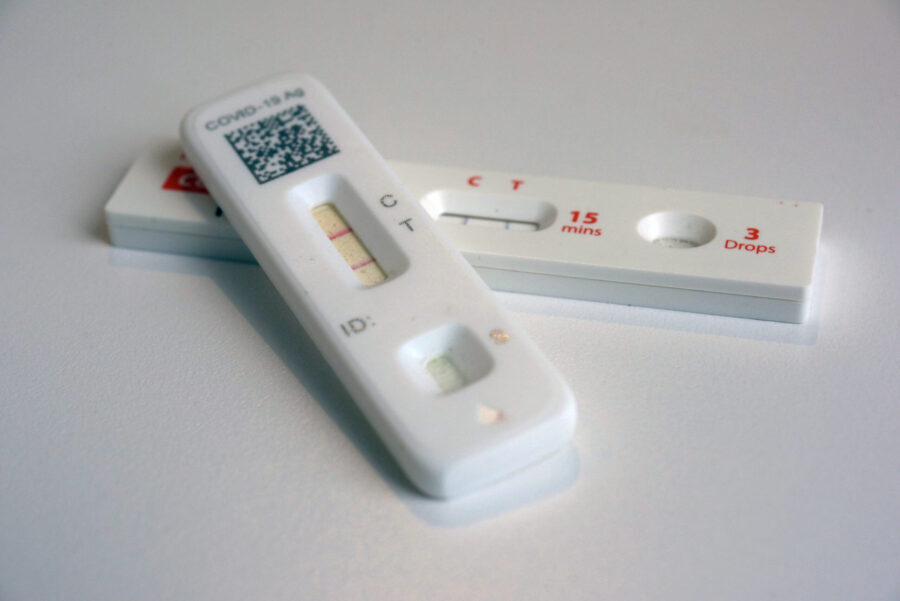Fundraising Effort Launched To Study Long Term Effects Of COVID-19
Dec 1, 2020, 7:17 PM | Updated: Dec 2, 2020, 2:24 pm
SALT LAKE CITY, Utah – As humanity waits for the coronavirus vaccine, hoping life can return to normal, for some who’ve had the virus there’s a chance normal may never come back.
“We just don’t know, so that’s pretty scary,” said Lisa O’Brien.
O’Brien, who lives in Utah, is known as a long hauler.
That means she’s still dealing with coronavirus effects long after testing negative for it.
“Fatigue,” she said. “I’ll just get this overwhelming heaviness that comes over me. It’s not like being really tired. It’s this profound fatigue.”
She’s also dealing with heart rate issues, breathing concerns, and not remembering the right words to use when she’s talking.
O’Brien also says she suffered from a blood clot in one of her lungs and has experienced internal tremors.
“I was having such a hard time getting people to believe me,” said O’Brien. “Not only doctors, but even family members and friends. It’s such a difficult thing to go through.”
It’s why she started a Utah COVID-19 Long Haulers group, so those dealing with the same issues can know they’re not alone.
“I’m making the path for all the others who come after me a little bit easier,” she said.
O’Brien and her group are also teaming up with University of Utah Health.
University of Utah Health launched a fundraising effort Tuesday to study long haulers.
“Up to 25% of COVID patients who have not been hospitalized could develop long effects, which is a huge segment of the population,” said Dr. Nicole Frank, who is the associate director of the University’s Immunology, Inflammation, and Infectious Disease Initiative.
The funds will help to pay the salary of a coordinator who will oversee the clinical research with long haulers and doctors.
Not a lot is known about long term effects and doctors have seen some surprises.
“When the pandemic first started, we started hearing about people losing their sense of smell and that was just completely unexpected,” said Dr. Dunn.
She feels that’s why this research is important even after the vaccine becomes available.
“We’re not sharing our stories to illicit fear,” said O’Brien. “We want to educate. We want people to know that this is a risk. It’s not just this 99% survival rate. We’ve got to look at the recovery rate, too. And there’s a good chunk of people that are not recovering and there’s no end in sight. We don’t know if we ever go back to who we were 100%.”











